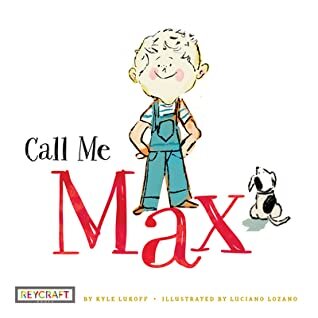Filtering Out the Gay
A recent story from The Salt Lake Tribune reported that Park City schools have for about two weeks filtered search terms such as “gay,” “queer,” and “same-sex marriage.” As the story discusses, this occurred against a backdrop of institutionalized homophobia that was once required by the state’s “No Promo Homo” law and from the stories I hear from Utah students and teachers is still too often a part of our schools. Filtering technology is required by federal law and is sold on the supposed value of preventing kids from accessing dangerous information. For many districts this has included any material that presents LGBTQ issues positively. Such selective censorship is a dangerous violation of the First Amendment as well as an example of bigotry.
A decade ago the ACLU launched its “Don’t Filter Me” project. This was designed to specifically investigate instances where internet filtering programs selectively censored pro-LGBTQ content. Its final report found that most schools and even filtering companies were happy to work to fix the problem. Some, like the Camdenton, Missouri, district refused to change and appeared to even celebrate the censoring of LGBTQ material. The District’s filter regularly blocked access to all kinds of LGBTQ content that support queer people and youth including PFLAG and GLSEN. It blocked access to dozens of supportive groups while allowed access to a slew of anti-LGBTQ hate groups such as the Alliance Defending Freedom.
The ACLU ultimately had to file suit against the school. The District Court concluded that the ACLU plaintiffs were likely to win and issued a preliminary injunction. While federal law required filtering, the First Amendment forbad viewpoint discrimination that was apparent in this case. This viewpoint discrimination was made even more obvious by the testimony that the system used in Camdenton was far inferior to other filtering systems available. Further, there was evidence that this discriminatory treatment was intentional as one school board member defended the system expressing “concern with students accessing websites saying it’s okay to be gay.” A school board meeting heard testimony from 13 people, all of whom expressed some variation of “If the parent allows this in the house, that’s one thing, but to do it outside the family circle, you usurp the authority of the parents.” After the court issued an injunction, the District settled noting that the system had been changed — but now claiming it was a coding error — and paying $125,000 in attorneys’ fees. All in defense of a system meant to hide the simple presence of gay positive material from students.
What does this mean for Park City? I think it is likely that the District is telling the truth that this was an inadvertent error of a system upgrade. Generally, the things I hear suggest that it is an inclusive district, at least within the limited reality of most Utah schools. But this explanation still suggests that the default settings for their filtering software is to block LGBTQ content, even a search as innocuous as “same-sex marriage.” The fact that this filter had to be disabled is itself suggestive of the discriminatory effect of such systems. Filtering software has long been inefficient but today it is particularly worthless. After all, all of the search terms that are so dangerous and objectionable can be found easily by students simply using their phone’s data rather than the school’s wifi. But so long as federal law requires the use of these stupid systems schools should at least be vigilant to make sure that they are not arbitrary or discriminatory in nature.


